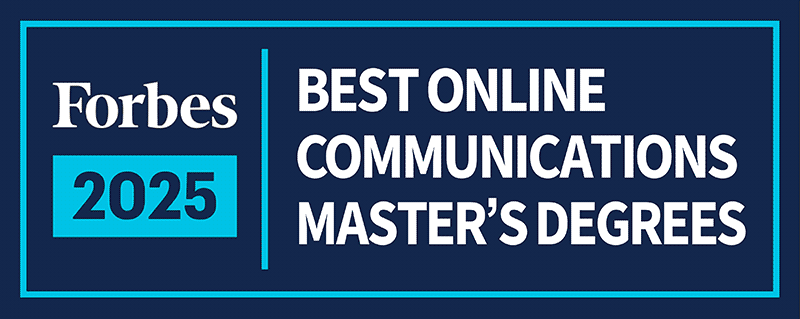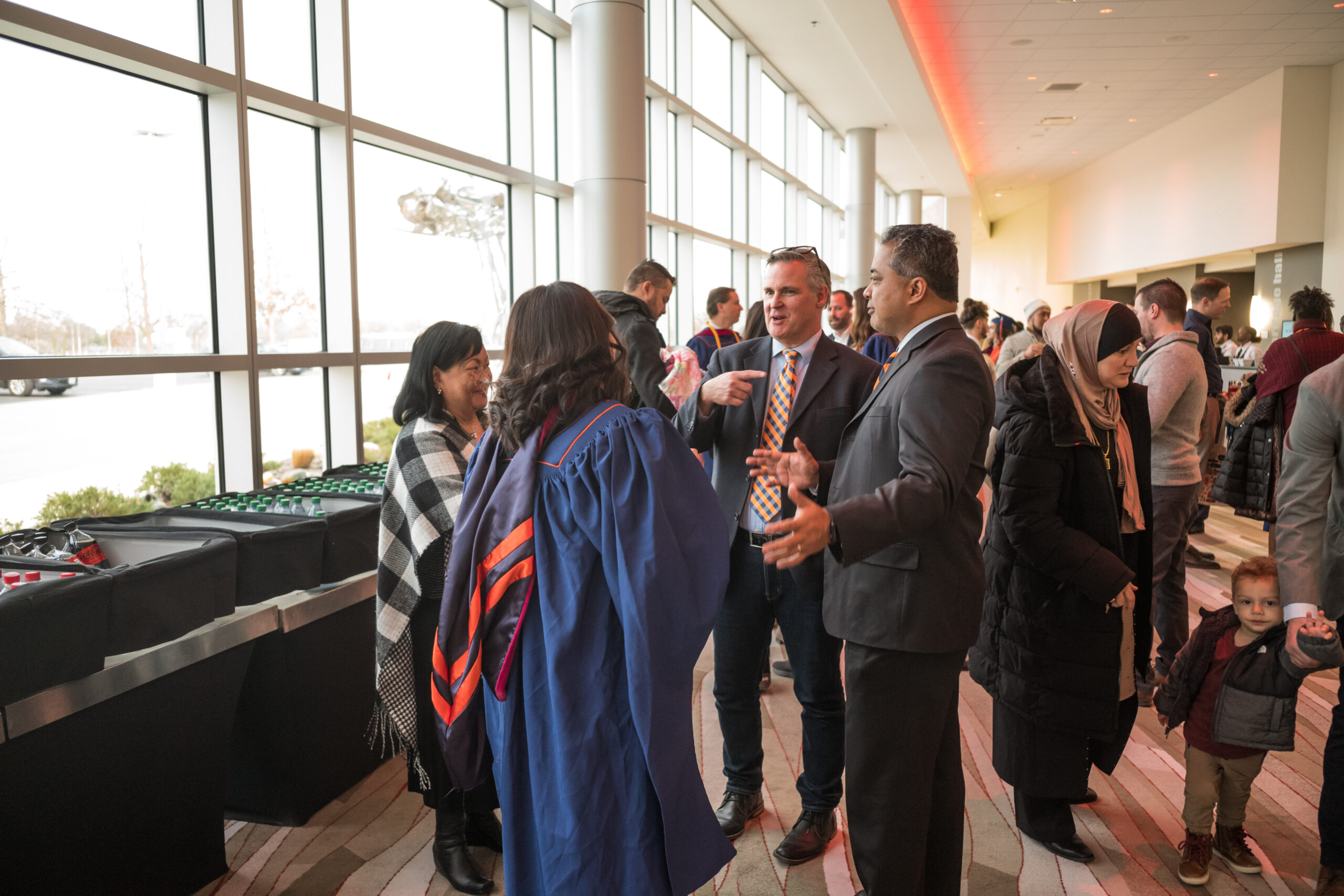The Breaking and Entering Podcast, created and hosted by SBC alumni Geno Schellenberger, brought on two to talk about their careers and participation within the SBC program.
Shachar Meron is a senior lecturer here at the University of Illinois and academic director for the SBC program, while also serving as a partner and creative strategist at his company Bluegreen Branding
Rich Pieczynski is a VP in marketing within the charity sector at Leo Burnett, alumni of the SBC program and now currently teaches the Project Management course within the program.
Why Pursue Something Like a Master in Digital Marketing?
Pursuing something around strategy and research, however, can be very beneficial with more knowledge and tools. But what if there was a compromise where you could get a master’s that you can actually use? That’s where SBC comes in.
For some, a Master’s can seem like a great next step in trying to navigate the future of your career. But in marketing, Shachar thinks it merely depends on your situation. If your focus is in creative, digital strategy, or media for example, a master’s won’t be much help but still has some benefits.
Differences in SBC and Traditional Master’s
When asked to define the differences, Shachar points out key aspects between a traditional master in digital marketing and the SBC program. He explains that in a traditional master’s, students attend in-person courses with smaller groups which take place in an aesthetic room with deep discussions. A master’s in advertising or marketing also dissects in depth studies and has a thesis or project at the end of the program.
The SBC program differs slightly however, providing students with a flexible remote program with access to a cohort of professors, and is a joint program developed between the Gies College of Business and the Charles H. Sandage Advertising department, offering students elements of an MBA that some people may be interested in.
Explore Careers at Independent Agencies Versus Larger Firms
Because of their different backgrounds, Shachar and Rich were able to provide insight on the pros and cons of working within an independent shop and a larger firm.
Shachar brought up the fact that working for smaller, more independent firms allows you to do and explore more positions with the firm. He also noted the ease of access of going straight to the owner for things you need. He did explain, however, that typically smaller firms don’t work on larger, more well known brands compared to the larger firms.
Rich pointed out that working at larger firms gives you a better opportunity to work with larger, more popular brands while simultaneously working with smaller brand names. The main disadvantages he mentioned was that at a large firm, everyone is fighting for the same budget, so it puts many people in an every man for themselves mentality when it comes to that aspect.
The SBC program helps position you well for a career at many of these types of places. In fact, many students, alumni, and faculty have experience at both.
Pivotal Moments
Everyone has pivotal moments in their lives that shape their careers and provide them with important lessons, and Shachar and Rich are no different.
Shachar’s pivotal moments were meeting a close art director friend of his, did freelance work on the side which eventually evolved into them owning their own agency. He also was able to get a job as one of the professors here at UIUC thanks to the network of professors he kept in contact with over the years and now serves as one of the senior lecturers within the advertising department.
For Rich, his pivotal moment came during the Leo Burnett layoff which he was a part of. Though it was an unfortunate situation, he received help from his network and was able to become a member of the Leo Burnett team again as well as work in the SBC program to provide students with opportunities like him.




